Researchers in Germany exploit enzymes to break down and recycle the most widely-used plastic for packaging.
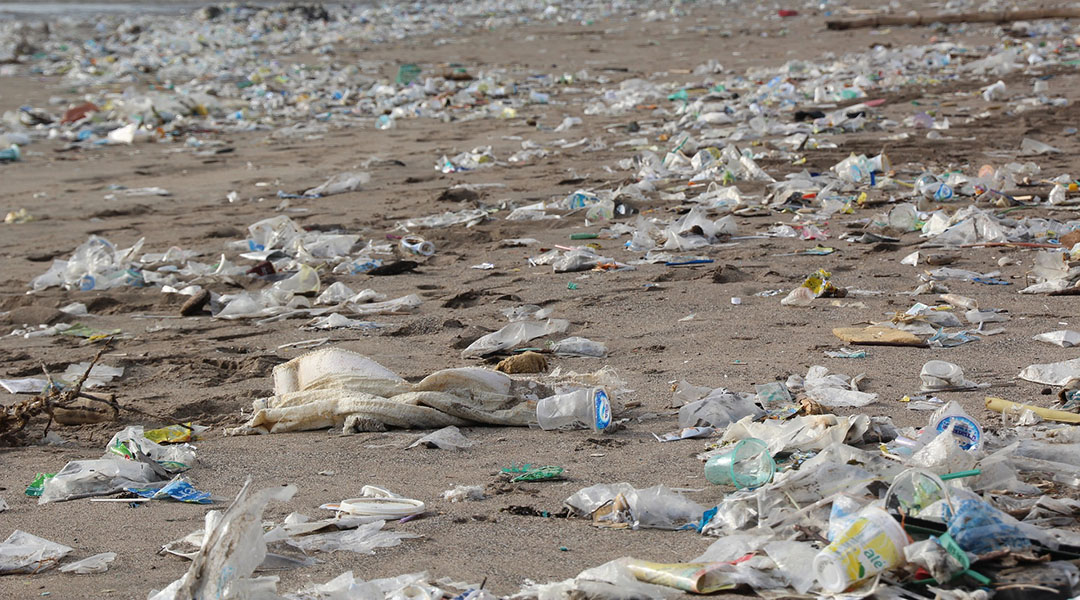

Researchers in Germany exploit enzymes to break down and recycle the most widely-used plastic for packaging.
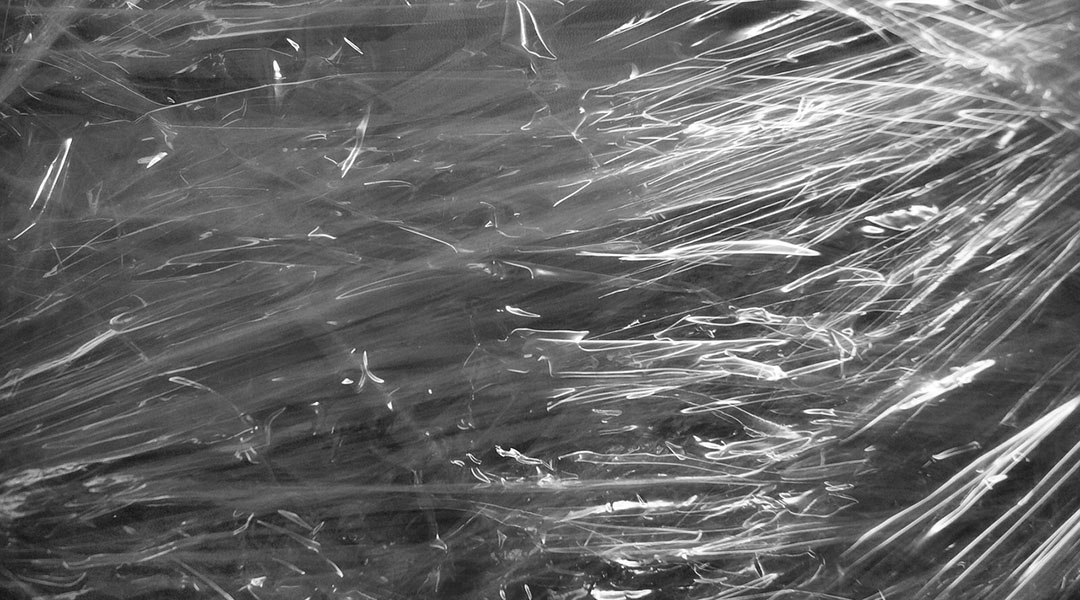
Plastic polymers may replace metal as lightweight, flexible heat conductors in cars, refrigerators, and electronic devices.
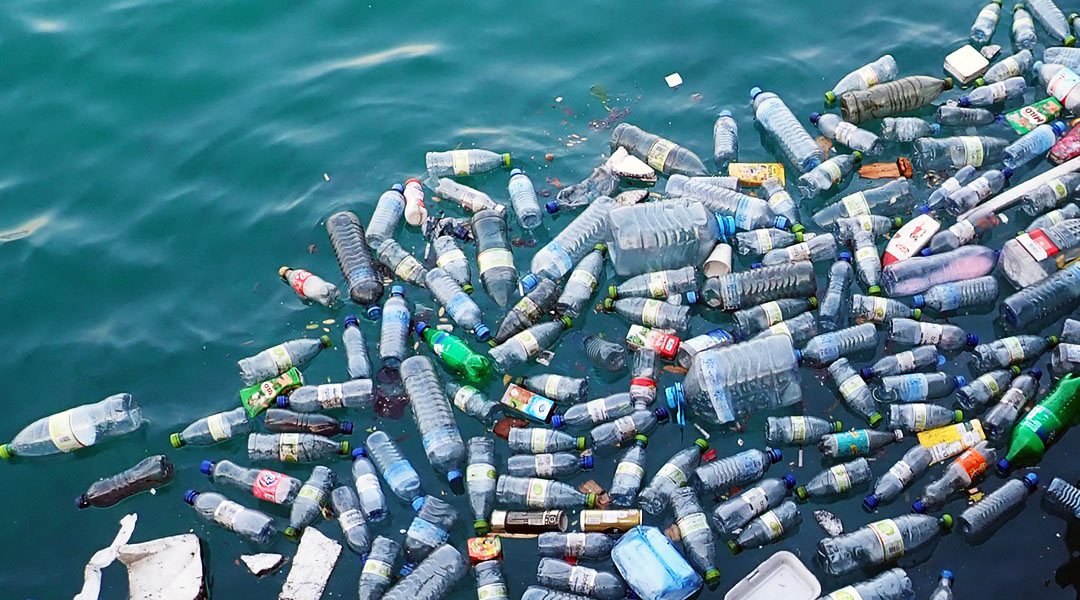
Nearly 30 companies from the plastics and consumer goods value chain commit over $1.0 billion to help end plastic waste in the environment
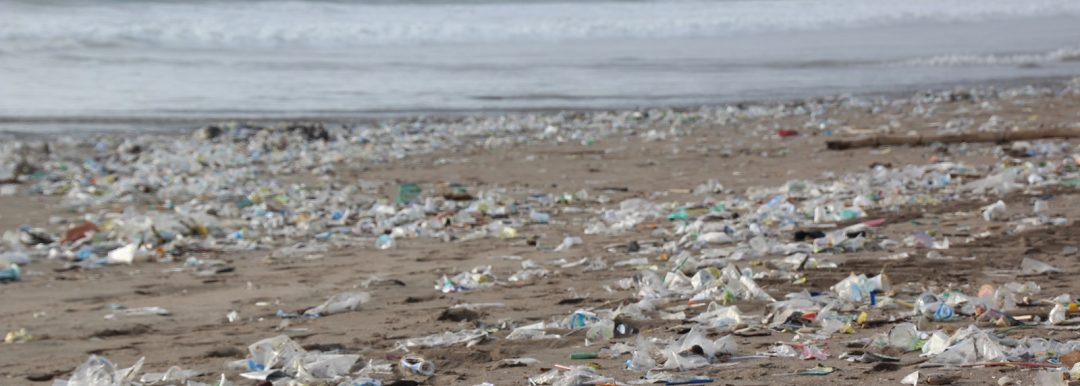
Reserchers intend to develop a market-ready process for efficient sample collection in water.
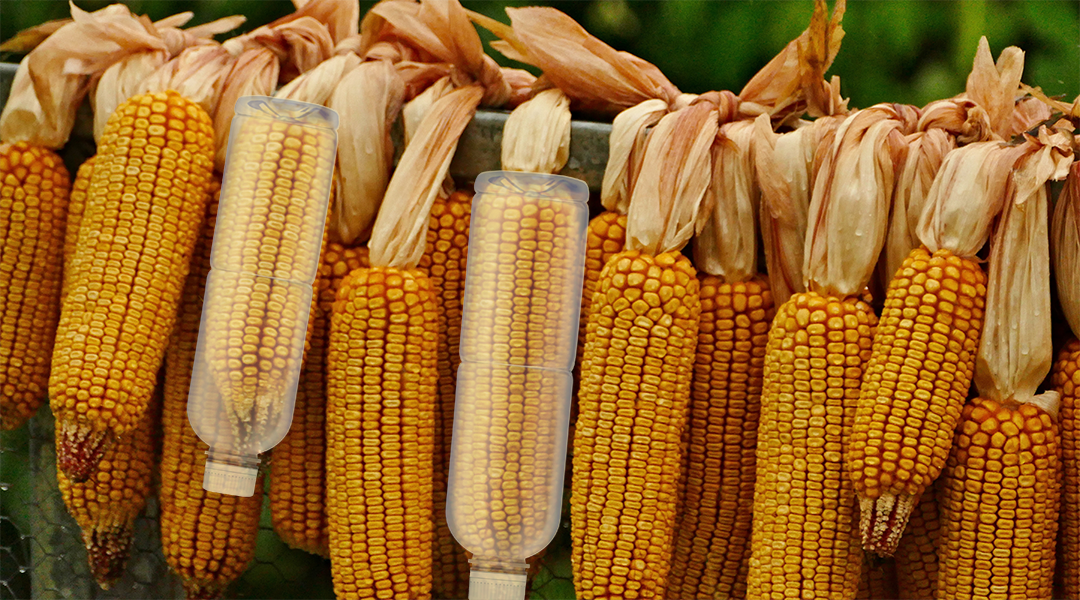
Researchers seek more eco-friendly sources for plastics. The newest choice? Cornstarch.
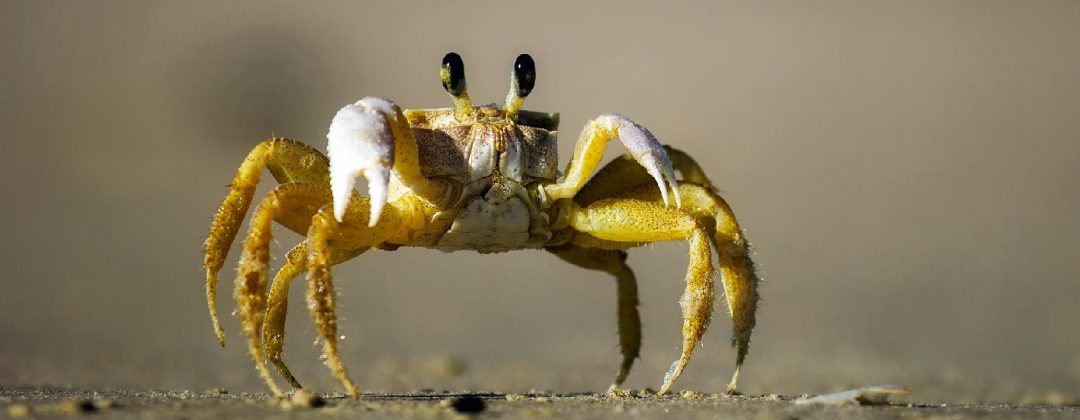
Scientists developed a packaging wrap comprised of cellulose from wood pulp and chitin from crabs and shrimp shells.
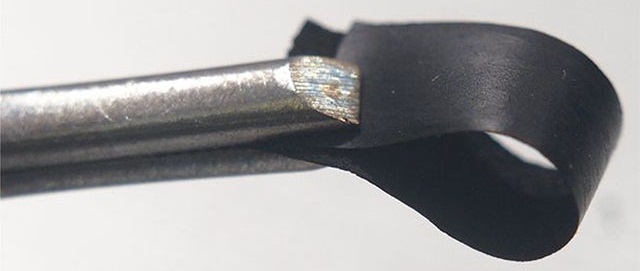
Researchers discover that cresols disperse carbon nanotubes at unprecedentedly high concentrations.
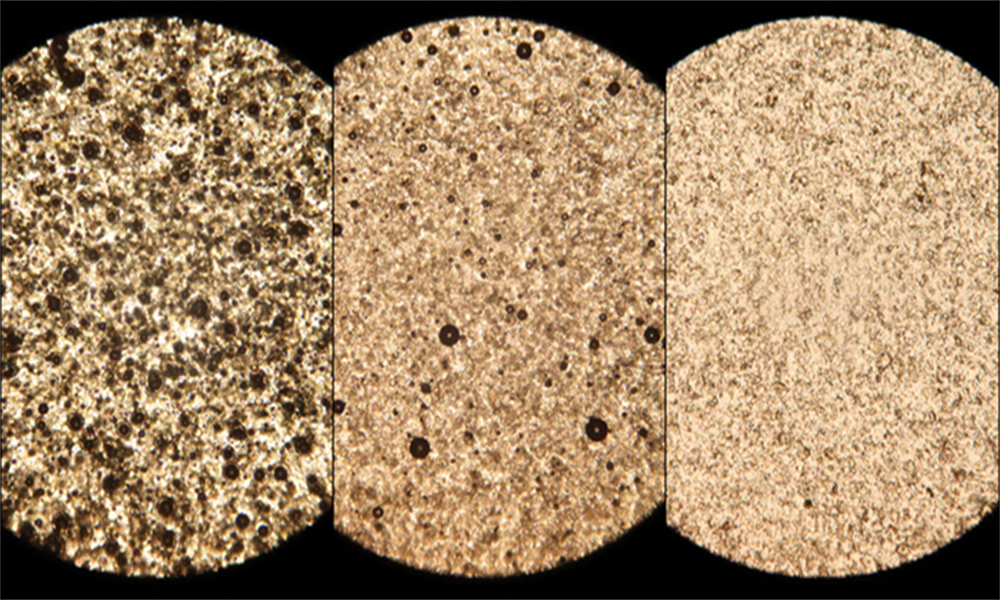
Tannin, an organic substance present in some seeds, barks, and other plant tissues, could hold the key to more sustainable and eco-friendly plastics manufacturing.
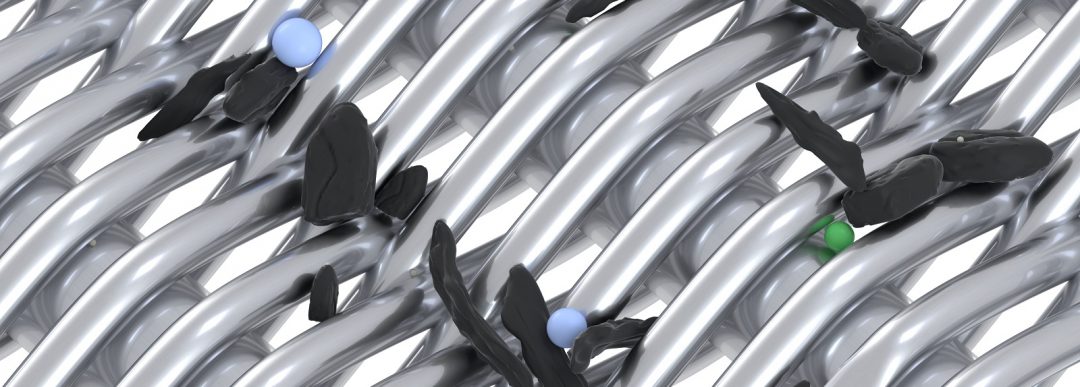
GKD introduced an optimized dutch weave for use in sewage plants that reliably retains microplastics >6 µm thanks to its slot-shaped pore geometry.
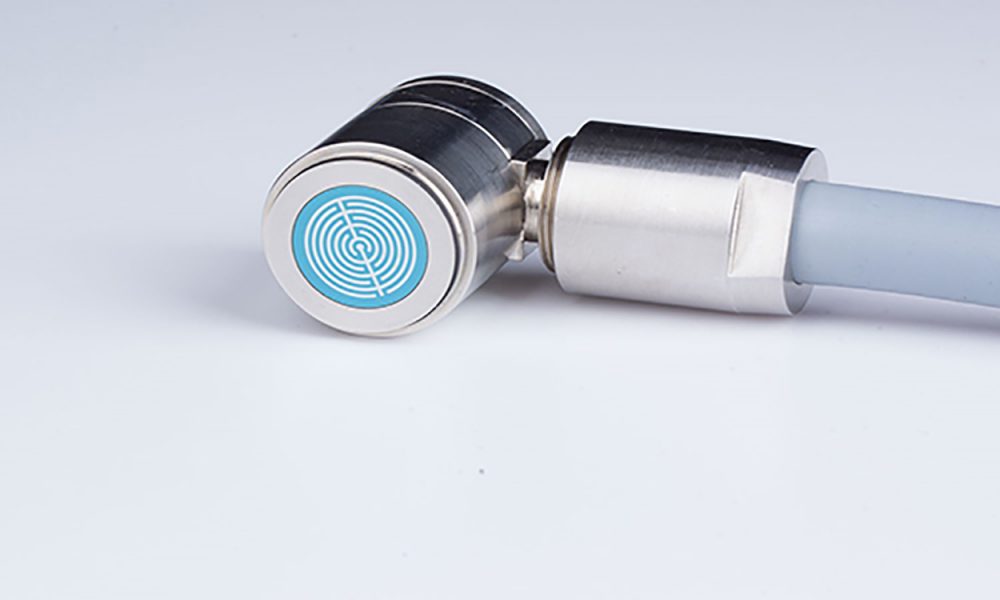
The manufacturing process of carbon fiber-reinforced plastic and its opportunities.